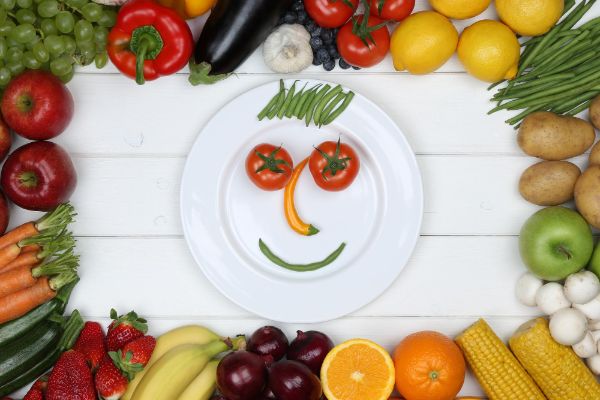Diet and Eye Health
Eating a diet low in fat and rich in fruits, vegetables and whole grains can help not only your heart but also your eyes. This isn’t surprising as your eyes rely on tiny arteries for oxygen and nutrients, just as the heart relies on much larger arteries. Researchers have linked foods rich in certain vitamins and nutrients to reducing the risk of certain serious eye diseases like age-related macular degeneration and cataracts.
To find out more, please call us on 07 3345 3383 to make an appointment!
Antioxidants
These are the vitamins A, C and E that help to fight free radicals which are associated with poor eye health outcomes, such as age-related macular degeneration, cataracts, and diabetic retinopathy.
Antioxidants are foods that keep us healthy by delaying or slowing down oxidation, which causes aging or cell death. Oxidation can lead to cataracts by causing changes to fats and proteins in the eye’s lens, making the lens cloudy. All whole foods of plants and animal origin contains dietary antioxidants, however, there is a higher amount found in a variety of brightly coloured fruits and vegetables or dairy products, than meat and fish products.
- Vitamin A. Cheese, eggs, milk, yoghurt, and red/yellow vegetables (capsicum, carrots, pumpkin), and green leafy vegetables (kale, spinach, swiss chard, broccoli, asparagus)
- Vitamin C. Oranges, grapefruit, kiwi, strawberries, tomatoes, capsicum, broccoli, brussels sprouts.
- Vitamin E. Almonds, sunflower seeds, olive oil, avocadoes.
Food Sources:
Legumes (beans and lentils), seeds, red meat, seafood and shellfish, dairy, eggs, nuts.

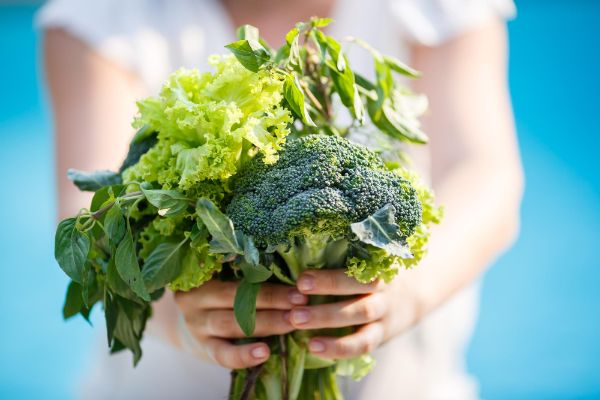
Lutein & Zeaxanthin
Both of these nutrients are found naturally in the retina—the light sensitive tissue lining the back of the eye. This is why boosting your diet with lutein and zexanthin is a win for your eye health. They are also known as antioxidants from the carotenoid family.
Food Sources:
Leafy green vegetables (kale, spinach, romaine lettuce, beet greens, swiss chard, broccoli, asparagus), colourful fruits (raspberries, papaya, peaches, mangoes, grapes), egg yolk, corn.
Healthy Fats
Consuming a diet rich in healthy fats can help with both dry eye and lower risk of age-related macular degeneration. These are essential fatty acids that can only be obtained through our diet as our bodies are unable to produce them naturally. Dry eye can occur when the eyes do not produce enough tears or oil to keep them lubricated and comfortable. Although artificial tears and medication are helpful, adding omega-3 fatty acids to your diet may also provide relief.
Consuming 1200-1500mg/day of omega 3 has been clinically proven to support eye comfort and healthy tears by reducing inflammation of the eyelids and the eye’s meibomian glands, which product the oily part of tears. Omega-3 fatty acids may also reduce growth of abnormal blood vessels that occur in age-related macular degeneration and other retinal diseases.
Food Sources:
Salmon, sardines, herring, tuna, mackerel, anchovies, trout or cod liver. Plant-based sources are walnuts, hemp seed, flax seed.
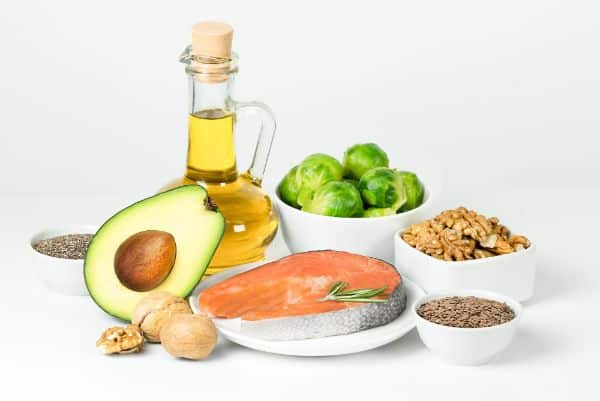
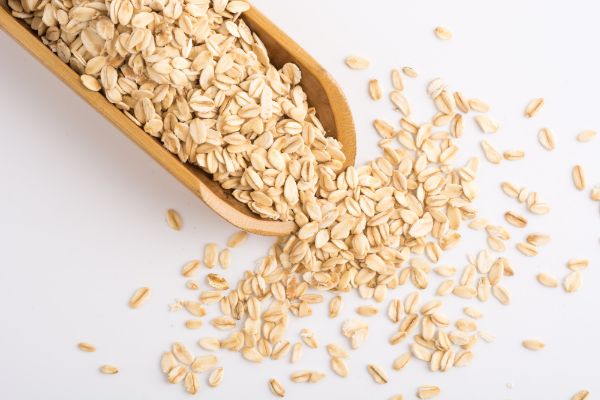
Low-glycemic Index Diet
People who have or are at risk of diabetes or age-related macular degeneration (AMD) can benefit by following a low-glycemic index (low-GI) diet. With diabetes, blood sugar levels can get too high, which causes serious health problems and can lead to vision loss. Some foods cause rapid spikes in blood sugar (high-GI) and others raise blood sugar more moderately (low-GI).
You can avoid quick blood sugar spikes with low-GI food swaps:
- Oatmeal or muesli, instead of sweetened breakfast cereal
- Brown rice, instead of white rice
- Whole-grain bread , instead of white bread
- Sweet potato, instead of baked potato
- Nuts, instead of potato chips
Limit Alcohol
Alcohol should only be consumed occasionally, as an excessive amount can have negative effects on your overall health, including your eyes. As per the NHMRC guidelines for Australia, it is recommended that healthy men and women should drink no more than 10 standard drinks a week and no more than 4 standard drinks on any one day.

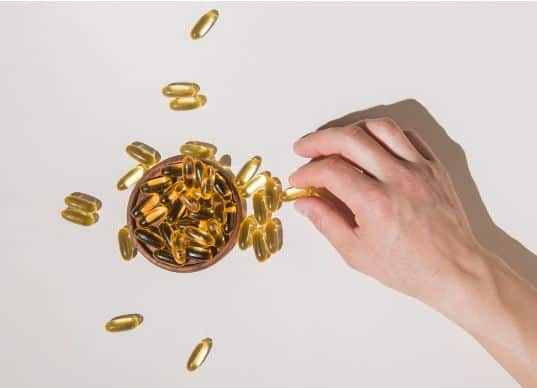
What About Nutritional Supplements?
Summary
- Fish
- Nuts and legumes
- Seeds
- Citrus fruits
- Leafy green vegetables
- Carrots
- Sweet potatoes
- Beef
- Eggs
- Water
